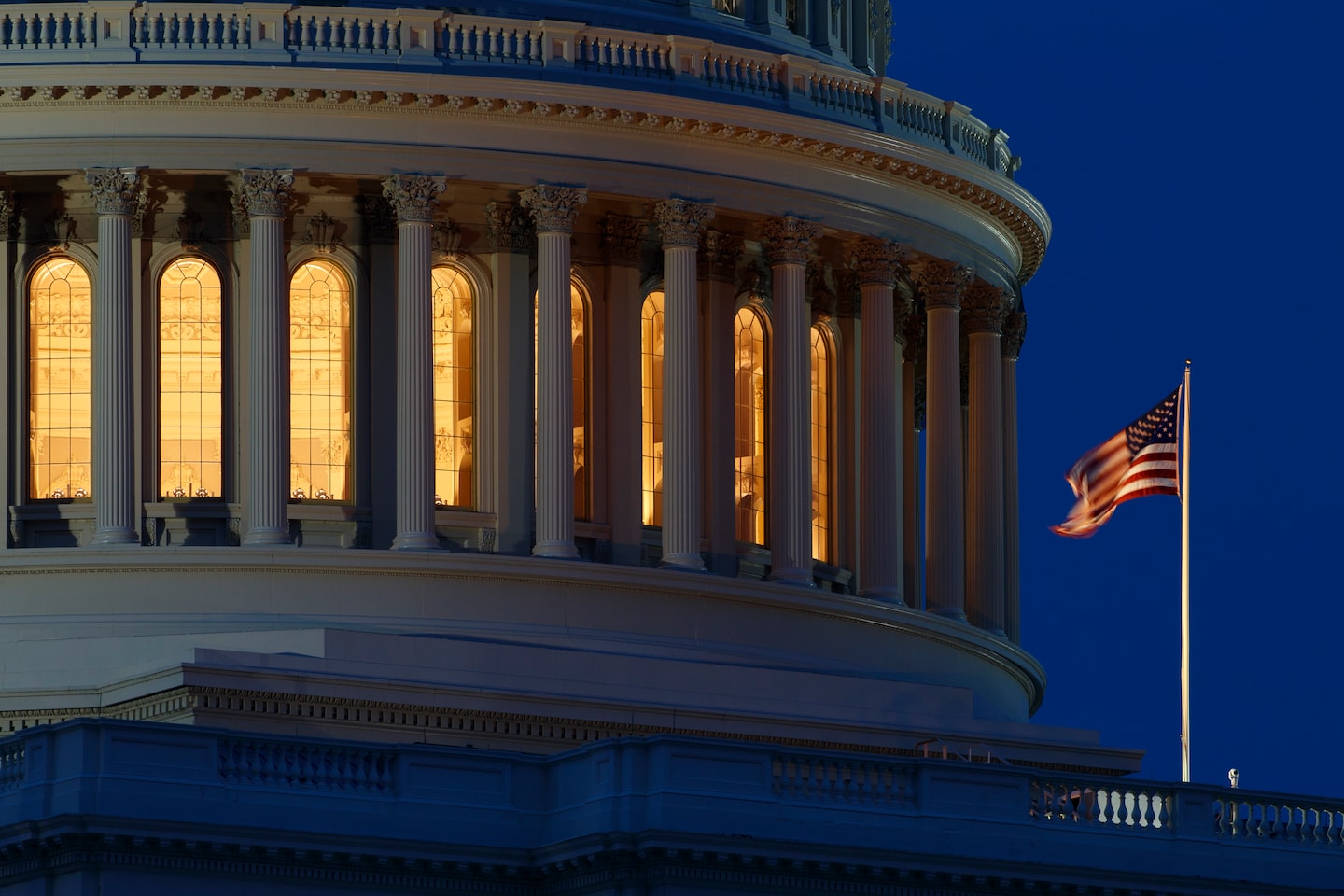Avoid a shutdown, pass coronavirus relief: Can Congress do either thing on its very short 2020 to-do list?

Here’s what’s going on with the last two major pieces of legislation we expect Congress to debate before the election.
1. Funding the government … for now
Congress needs to find a way to do this before Sept. 30, which is when the government runs out of money. Ideally, Congress would pass a bill funding the government for another full year. But even though this is Congress’s most fundamental duty, lawmakers haven’t passed a budget on time in years. Instead, they usually fight up to the last minute about what to put in it and end up agreeing to kick the can down the road a few months with a temporary budget that keeps funding at the previous year’s levels.
That appears to be what will happen in the fall. Right around Labor Day weekend, House Speaker Nancy Pelosi (D-Calif.) and Treasury Secretary Steven Mnuchin let it be known they had reached a deal that makes it much more likely Congress will pass a bill to temporarily fund the government. Likely is the key word here. They only agreed to keep this bill free of controversy, which means neither side will allow members of their own party to put politically troublesome funding proposals in it that could sink the whole thing.
Why does a verbal agreement between Pelosi and Mnuchin matter so much? It signals to the rest of Washington that two of the most important factions — 1. Democratic leaders, who control the majority in the House of Representatives and 2. the White House — agree in principle to get a temporary one done. Senate Republicans are much more likely to go along with something they know the White House is behind.
Notice that this deal to avoid a shutdown is still wishy-washy. Pelosi and Mnuchin didn’t agree to an actual temporary budget; just a commitment to pass one in good faith. We still don’t have any legislation. And any deal now doesn’t answer what could happen when the government runs out of money again, perhaps in December. It’s hard to predict what Congress might do then, since we will be in an entirely different place politically with the presidential election over.
Congressional budget expert Molly Reynolds with Brookings Institution said she is skeptical the government will shut down this fall. “For the government to shut down, someone has to want it to,” she wrote in an email to The Fix, “and it’s not clear that any of the sides here—House Democrats, Senate Republicans, or the White House—want it to, especially just weeks before an election.”
2. A coronavirus relief bill
In normal times before a major election, Congress would pass a temporary spending bill, leave town and not look back.
But there are plenty of members of Congress who still want to find a way to trillions of dollars to help Americans deal with the ongoing coronavirus pandemic.
The only problem is that an agreement on what to put in the bill and how big to make it has eluded them for months, and they’re nowhere near one now.
Sure, Senate Republicans plan to vote this week on one of the smallest proposals, $500 billion, which includes $300 unemployment help for a few months and no $1,200 stimulus check. But there is no intention to make this something Democrats can support. House Democrats passed a $3 trillion bill in May, and Pelosi has since offered Republicans $2 trillion. But Republicans said no, in part because the White House and Republicans don’t want to spend money helping struggling state and local governments. (Here’s more about why Democrats are pushing so hard to fund these governments.)
With that stalemate, leaders seem to have largely given up trying to find common ground and are each going their own way. Reynolds said she thought Senate Republicans would strike a deal with Democrats to help keep their Senate majority.
But as talks have faltered, Senate Majority Leader Mitch McConnell (R-Ky.) instead came up this week with a proposal that doesn’t have a chance of passing with Democrats’ help. But it will allow him to at least say that Republicans voted on something to help Americans before the election. Republicans’ Senate majority is in peril, with vulnerable senators in states such as Colorado, Arizona, North Carolina and Maine facing tough reelections in part because voters disapprove of how Trump has handled the coronavirus.
“McConnell is attempting to thread the needle between vulnerable incumbents desperate to vote on new relief measures and a significant bloc of fiscal conservatives who have opposed any new spending whatsoever,” report The Post’s Erica Werner and Laura Meckler. As a result of those wide factions in the GOP, it remains to be seen whether this bill can even get a majority of Republican votes.
Democrats have the power to block this bill from passing the Senate, and they almost certainly will. There might be a silver lining for McConnell on that. Republicans could argue Democrats are being unwilling to negotiate on even the small stuff. But that dynamic — Republicans proposing something much smaller than Democrats want, Democrats saying no — has existed since the summer, and it hasn’t seemed to move the polls in congressional races very much.
All this means the most likely scenario over the next few weeks is that Congress leaves town to campaign having done the bare minimum: staving off a shutdown disaster by agreeing to fund the government for a few months.
But any other deals on a long-term funding proposal and coronavirus relief seem increasingly unlikely. And as McConnell himself said, they get more and more unlikely as the election itself nears and lawmakers’ attention focuses elsewhere.






